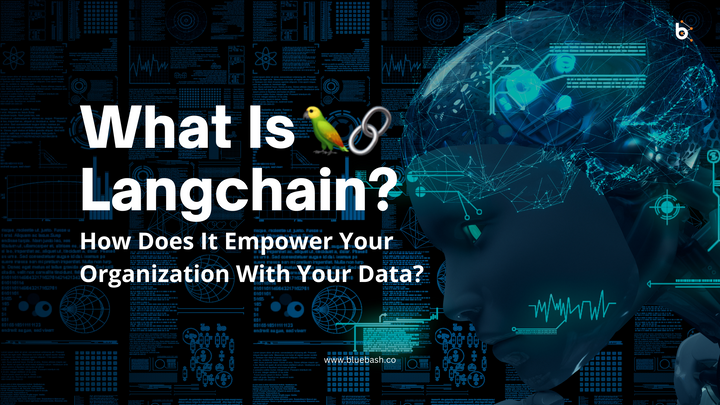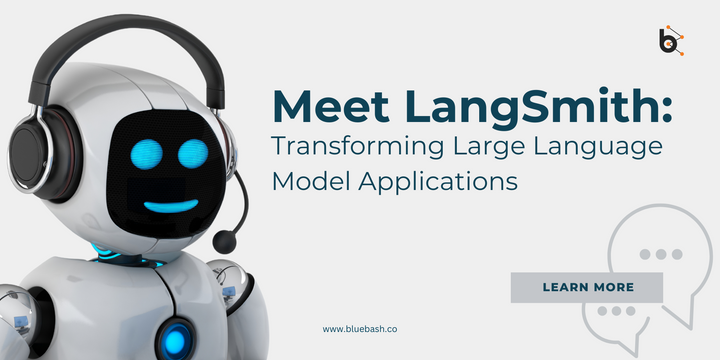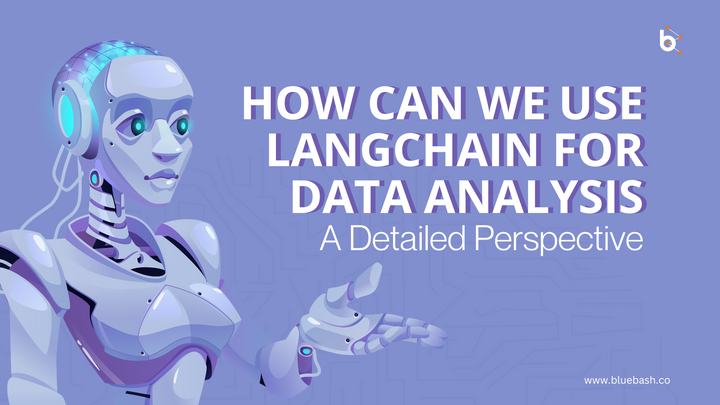OpenAI DevDay 2023: A Glimpse into AI's Future

Welcome to an insightful recap of OpenAI's first-ever DevDay, where the future of AI was painted with broad strokes of innovation and forward-thinking. This blog is your go-to guide, breaking down the event's key moments for a smooth read. Get the journey of innovation in AI, tailor-made for the Developer Community.
Introduction to OpenAI DevDay
In the heart of San Francisco, home to groundbreaking ideas and technological innovations, OpenAI hosted its inauguration DevDay in November 2023. As the CEO of OpenAI, Sam Altman set to redefine the landscape of artificial intelligence.
The Journey So Far
Reflecting on the milestones achieved over the past year, Altman recounted the release of ChatGPT as a "low-key research preview" on November 30th, 2022, which initiated a new era in conversational AI. OpenAI's continuous innovation led to the introduction of voice and vision capabilities, expanding ChatGPT's sensory horizon. The recent launch of DALL-E 3, praised as the world’s most advanced image model, was yet another feather in OpenAI's cap, now seamlessly integrated within ChatGPT. ChatGPT Enterprise was unveiled for enterprise users, offering enhanced security, privacy, and performance features.
Impressive Growth
The staggering growth trajectory of OpenAI was highlighted by the fact that approximately 2 million developers were actively building on the API, with over 92% of Fortune 500 companies leveraging OpenAI's products. The platform now boasts roughly a hundred million weekly active users on ChatGPT, achieved entirely through organic growth—a testament to the utility and virality of OpenAI's offerings.

Announcements
GPT-4 Turbo Unleashed: Taking AI to the Next Level
Prominent Features:
- Augmented Performance: The GPT-4 Turbo is a testament to enhanced efficiency, presenting a leap in AI's capability and adaptability.
- Expanded Contextual Understanding: A remarkable enhancement is the 128K token context window, which equips the model to interpret text equivalent to an astounding 300+ pages in a single instance.
Increased Affordability: Despite its amplified prowess, the GPT-4 Turbo comes at a substantially lower cost than its forerunner, enhancing its accessibility for a wider developer community.
Availability and Roadmap:
The GPT-4 Turbo is currently accessible via API for developer exploration, with plans to roll out a fully-fledged, stable model shortly. This advancement heralds a new era for AI applications, from creative content generation to intricate data analytics.
GPT-4 Turbo's Multimodal Capabilities: Vision, DALL·E 3, and Text-to-Speech
OpenAI's extension of GPT-4 Turbo's functionalities to include vision capabilities, DALL·E 3 integration, and a new text-to-speech API is a significant milestone.
GPT-4 Turbo with Vision:
GPT-4 Turbo with Vision is a specialized version of GPT-4 Turbo, equipped with optical character recognition (OCR) technology. This allows it to analyze images and extract any text they contain."
DALL·E 3 Integration and Text-to-Speech API:
The seamless integration of DALL·E 3 through the Images API and the introduction of a versatile TTS API underscore OpenAI's commitment to a multi-modal AI future.
Elevated Function Calling Features
Major Improvements:
- Multiple Action Requests: The ability to invoke several functions in one message now streamlines how developers interact with the AI model, eliminating redundant exchanges.
- Refined Precision: A higher likelihood of the model delivering correct function parameters, paving the way for more dependable AI applications.
Advanced Instruction Compliance and JSON Mode
OpenAI has worked tirelessly to improve how well GPT-4 Turbo follows detailed instructions, leading to significant advancements.
Principal Improvements:
- Accurate Instruction Fulfillment: The GPT-4 Turbo eclipses previous models in generating precise outputs, such as XML responses.
- JSON Mode Introduction: The launch of the JSON mode is a game-changer, facilitating the AI to return structured data responses, thereby easing the development of AI-integrated applications.
Consistent Outputs and Forthcoming Log Probability Feature
OpenAI introduces the innovative "seed" parameter, an addition allowing developers to yield consistent AI outputs, crucial for tasks demanding uniform results.
Log Probabilities on the Horizon:
Soon, OpenAI aims to provide log probabilities for the most plausible outputs from GPT-4 Turbo and GPT-3.5 Turbo, a feature anticipated to be particularly beneficial for crafting autocomplete functionalities in search interfaces.
Enhanced GPT-3.5 Turbo
In addition to GPT-4 Turbo, OpenAI also unveiled an updated GPT -3.5 Turbo.
Significant Enhancements:
- Extended Context Window: Now supporting a 16K context window, the new GPT-3.5 Turbo has heightened capabilities.
- Superior Format Adherence: The model has shown a 38% boost in tasks requiring precise formats like JSON, XML, and YAML, fortifying it as an essential asset for developers.
Accessibility and Transitioning:
This model can be accessed by specifying “gpt-3.5-turbo-1106” in the API, with an automatic transition from the previous model set for December 11, 2023. Legacy models remain accessible to ensure a seamless transition.
Assistants API: A Paradigm Shift in AI Application Development
The new Assistants API from OpenAI is set to change the way developers build AI-driven features in their apps.
Core Attributes:
- Custom AI Assistants: Developers can create their own AI assistants with specific instructions and knowledge.
- Code Interpreter: An innovative Code Interpreter permits AI to compose and execute Python code within a controlled environment.
- Knowledge Retrieval: The Retrieval feature grants AI access to external knowledge bases, simplifying the development workflow.
- Improved Function Use: The AI can use functions created by developers and integrate the results smoothly in a better way.
- Easier Conversation Tracking: Managing ongoing conversations is made simpler with the API’s new thread-handling feature.
Practical Applications:
The versatility of the Assistants API is evident in its various applications, from conversational data analysis tools to coding aids, AI-driven travel planning, and voice-command systems.
Copyright Protection and Whisper v3 Innovation
The debut of Copyright Shield and the introduction of the Whisper large-v3 ASR model affirm OpenAI's pledge to safeguard its clientele and enhance the developers' toolkit. OpenAI introduces Copyright Shield, offering legal protection for ChatGPT Enterprise and developer platform users against copyright infringement claims.
Pricing and Accessibility
In a move that underscores OpenAI's commitment to democratizing access to AI, Altman announced a significant price reduction for GPT-4 Turbo—costs have been slashed by 3x for prompt tokens and 2x for completion tokens. This bold step was taken to make the technology more affordable and accessible to a broader audience.

The Dawn of GPTs
The OpenAI DevDay Agenda was not merely about announcements; it was a showcase of innovation. Altman introduced GPTs—tailored versions of ChatGPT designed for specific purposes.
Introducing GPTs—custom versions of ChatGPT you can create for specific purposes. Easily tailor ChatGPT to be more helpful in daily life, work, or home. No coding is required.
These can be crafted simply by having a conversation, making AI programming more accessible. GPTs can be shared privately, publicly, or within a company, and with the upcoming GPT store, creators can monetize their GPTs, fostering a community-driven ecosystem.
Microsoft's Involvement
Microsoft's CEO, Satya Nadella made a special appearance, The collaboration has been pivotal in shaping Azure's infrastructure to support the unique demands of AI training and model deployment. Microsoft's commitment to integrating OpenAI's capabilities into its developer ecosystem was evident, with Nadella announcing that GitHub Copilot Enterprise would be made available to all DevDay attendees.
The Vision Forward
The DevDay concluded with a forward-looking vision of AI agents—intelligent systems capable of planning and performing complex tasks. OpenAI's gradual iterative deployment philosophy ensures that the technology develops in a controlled and user-informed manner.
This approach not only ensures the safety and reliability of AI agents but also allows users to adapt to the evolving landscape of AI capabilities.
Conclusion:
Open AI DevDay 2023 has set a model in the AI sector. The advancements in GPT-4 Turbo, combined with the Assistants API, multi-modal capabilities, and reduced costs. OpenAI is constantly making AI better for developers by refining function calls, enhancing instruction-following, and offering tailored model development, ensuring access to cutting-edge AI solutions. OpenAI's commitment to innovation and safety shapes a future full of exciting possibilities driven by AI. Stay tuned for more exciting developments as OpenAI continues to push the boundaries of AI potential.
In short, we can say, that OpenAI's DevDay was a window into the future, where AI is not only a technological marvel but an accelerator for human creativity and empowerment. With developers and users worldwide using these new tools, we're entering an era where artificial intelligence boosts our collective potential, creating a future that's both thrilling and unpredictable.



